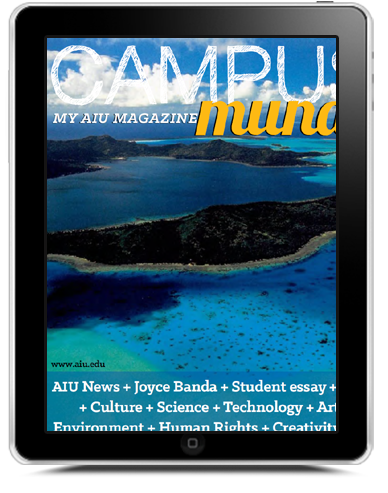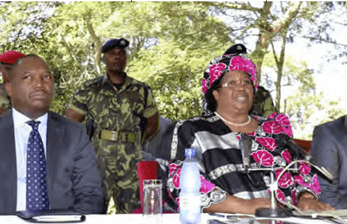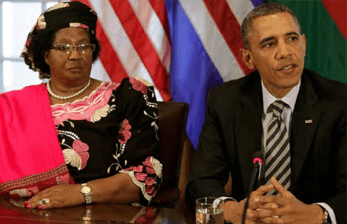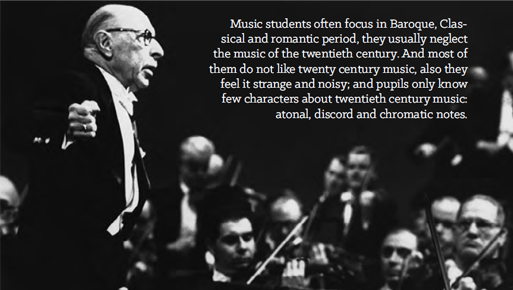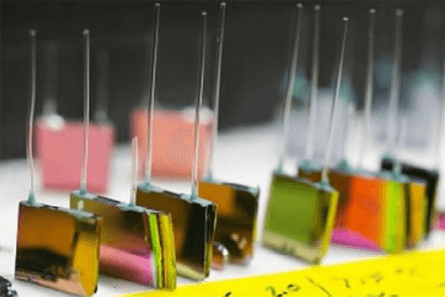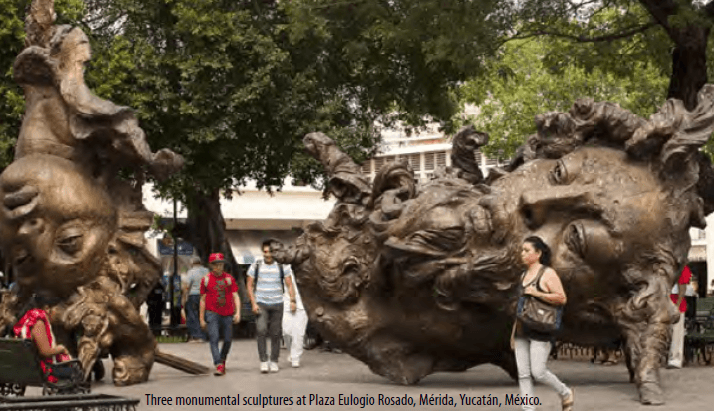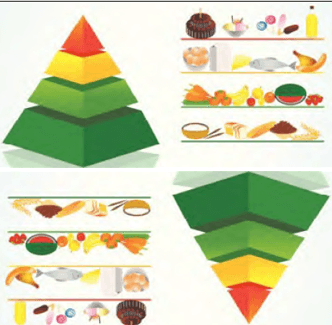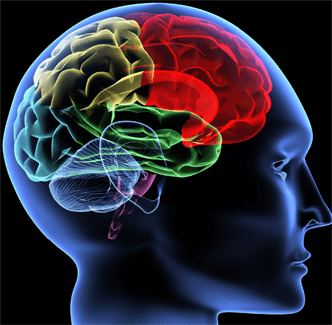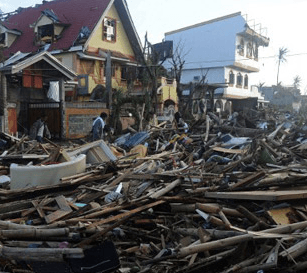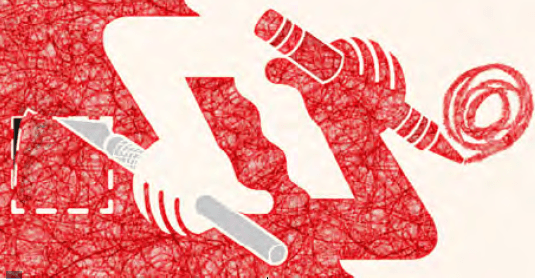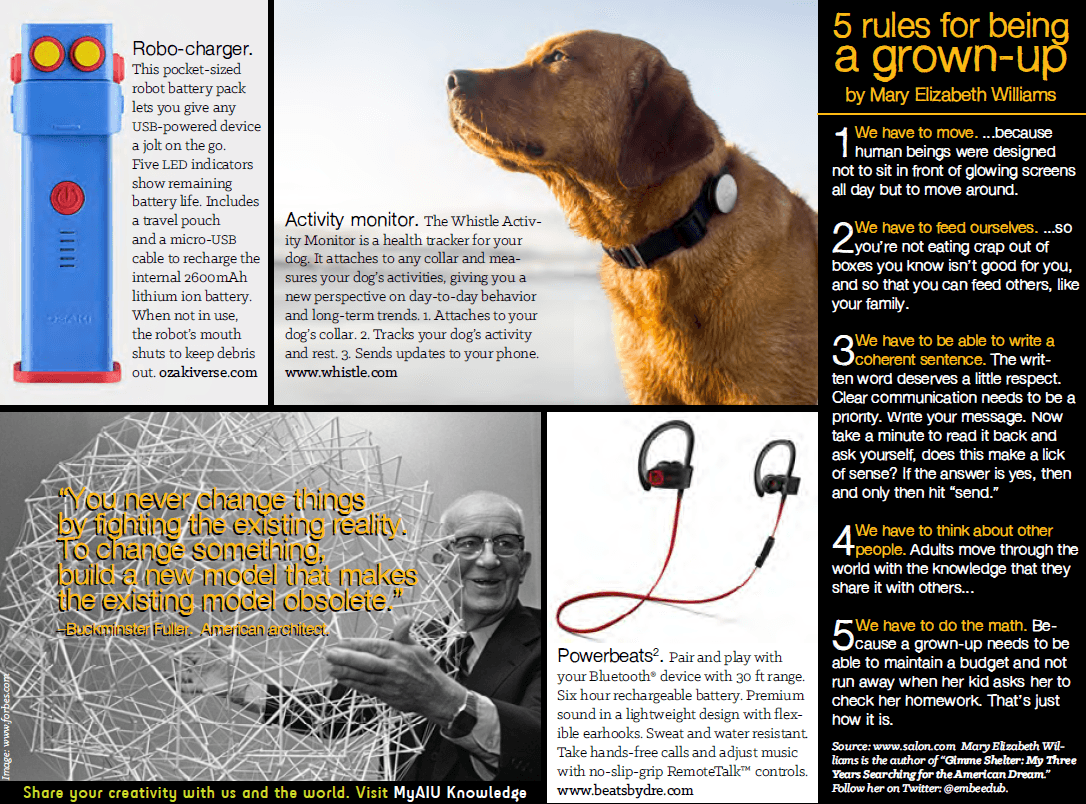November 30, 2014. AIU,
through Dr. Ricardo González,
recently participated in the
35th Presidents Masters
Conference of UNESCO Clubs
that was held in Villahermosa,
Tabasco México, 26-30
November. It included 900
participants with different presentations
as well as panels.
Our very own provost, Dr.
Ricardo González was one of
the panelist for “Accreditation
and Quality Certification
through self-learning” as
well as “Historical and Social
Context redesigning the New
Model for Education”. He was
also a guest speaker in regards
to “Digital Pedagogy and new paradigms for teaching and
learning” and “Analysis and
proposals of the Latin-American
Educational Quality
project”.
As you know UNESCO
Clubs mission is to contribute
to the building of peace,
the eradication of poverty,
sustainable development and
intercultural dialogue through
education, the sciences,
culture, communication and
information.
We invite all AIU students
to join in the efforts that
UNESCO Clubs do in the world
to contribute to the peace and
equality among countries of
the planet.
Club UNESCO International Conference
10th International Conference on The Arts in Society

Call For Papers2
The Arts in Society Conference
will be held 22-24 July
2015 at Imperial College
London in London, UK. We
welcome submissions from
a variety of disciplines and
perspectives and encourage
faculty and students to jointly
submit proposals, discussing
The Arts in Society through
one of the following themes:
• Arts Education
• Arts Theory and History
• New Media, Technology and
the Arts
• Social, Political and Community
Agendas in the Arts
2015 Special Focus
The Work of Art in the Age of
Networked Society
Digital technologies are
engendering new platforms
to produce, distribute, and
display art. The work of art, as
a category of labor, in the age
of networked society is often
argued though a grammar of
participation, collaboration,
and peers. Online galleries
and publishers are also seen to
allow for greater access to the
products of the work of art.
Moreover, there is a perceived
newfound autonomy of the
artist as distributor of content
and message. In addition to its usual broad range of themes
on the relation of the arts to
society, the 2015 conference
will explore the ways in which
digital technologies have
altered the way that the work
of art, as a category of labor,
and art objects themselves,
are perceived, conceptualized,
and theorized.
Proposal Submissions
and Deadlines
The current review period
closing date for the latest
round of submissions to the
Call for Papers (a title and
short abstract) is 16 December
2014*. Please visit our website
for more information on submitting
your proposal, future
deadlines, and registering for
the conference.
If you are unable to attend
the conference, you may
still join the community and
submit your article for peer review
and possible publication,
upload an online presentation,
and enjoy subscriber access
to The Arts in Society Journal
Collection.
*Proposals are reviewed in rounds adhering
to monthly deadlines. Check the website
often to see the current review round.
Visit the website:
artsinsociety.com
22nd Internatio nal Conference on Learning

Call For Papers
The Learning Conference will
be held from 9-11 July 2015 at
the Universidad San Pablo
CEU in Madrid, Spain.
2015 Special Focus
In addition to the annual
themes, the conference will
address the special focus –
What Counts as Learning? Big
Data, Little Data, Evidence,
and Assessment– through
keynote speakers, garden sessions,
workshops, and parallel
sessions.
The “digital revolution” is
changing the ways in which
students do their work, and
also the ways in which teachers
source curriculum content
and plan learning activities.
They also transform the
sources of data that provide
evidence of student learning. The fields of educational data
mining and learning analytics
offer perspectives on an
important and newly emerging
area of innovation in the
learning sciences. As students
undertake more of their learning
in computer-mediated
environments, an evolving
cluster of technologies and associated
pedagogical processes
offer great promise to provide
solutions to some longstanding
practical challenges in the
field of education. The larger
potential of continuous formative
and progress assessment
based on many small datapoints
is to make redundant
summative assessment in its
traditional forms, or at least to
supplement traditional summative
assessments in a way
that compensates for their
intrinsic limitations.
Conference Themes
• Pedagogy and Curriculum
• Assessment and Evaluation
• Educational Organization
and Leadership
• Early Childhood Learning
• Learning in Higher Education
• Adult, Community, and Professional Learning
• Learner Diversity and Identities
• Technologies in Learning
• Literacies Learning
Proposal Submissions and Deadlines
The current review period
closing date for the latest
round of submissions to the
Call for Papers (a title and
short abstract) is 2 December
2014*. Please visit our website
for more information on submitting
your proposal, future
deadlines, and registering for
the conference.
If you are unable to attend
the conference, you may
still join the community and
submit your article for peer
review and possible publication,
upload an online presentation,
and enjoy subscriber
access to The Learning Journal
Collection.
*Proposals are reviewed in rounds adhering
to monthly deadlines. Check the website
often to see the current review round.
Visit the website:
thelearner.com
12TH Internatio nal Conference on Environmental, Cultural, Economic and Social Sustainability
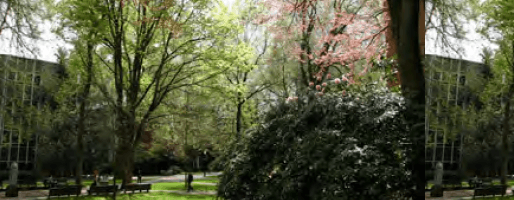
Call For Papers
This Conference will be held
21-23 January 2016 at Portland
State University, Portland,
Oregon, USA. Proposals for paper
presentations, workshops,
poster presentations, or colloquia
are invited that discuss
the themes listed below. In
addition to the special focus,
paper presentations will be
grouped into one of the following
categories for presentation
at the conference:
• Sustainability in Economic,
Social & Cultural Context
• Sustainability Policy
& Practice
• Sustainability Education
The On Sustainability knowledge
community is brought
together by a common concern
for sustainability in an holistic
perspective, where environmental,
cultural, economic, and
social concerns intersect.
Proposal Submissions
and Deadlines
The current review period
closing date for the latest
round of submissions to the
Call for Papers (a title and
short abstract) is 21 January
2015*. Please visit our website
for more information on submitting
your proposal, future
deadlines, and registering for
the conference.
If you are unable to attend
the conference, you may
still join the community and
submit your article for peer review
and possible publication,
upload an online presentation,
and enjoy subscriber access
to On Sustainability Journal
Collection.
*Proposals are reviewed in rounds adhering
to monthly deadlines. Check the website
often to see the current review round.
Visit the website:
onsustainability.com

Graduation Ceremony
December 2014
Sayed Ahmad Shekib “Montazery” |
António Magalhães Pimenta Bachelor Of Business Management Business Management Angola |
Avelino Julai Master Of History History Of Angola Angola |
João Nhito Chocolate Master Of Science Educational Psychology Angola |
| Manuel Jose Antonio Monteiro Bachelor Of Social And Human Studies Languages And Literature Angola |
Tungu Silvain Master Of Science Food Engineering Angola |
Stella Maris Skarp Bachelor Of Science Psychology Argentina |
Ileana Berenice Cesare Bachelor Of Science Psychology Argentina |
| Daymara Tratman Brown Master Of Educatio n Education Barbados |
Assouguena Joseph Kisito Doctor Of Science Industrial Engineering Cameroon |
Fayiah, Henry K. |
José Gregorio Guzman Castro Bachelor Of Science Public Health Management Chile |
| César García Balaguera Doctor Of Public Health Sexual And Reproductive Health Colombia |
Eduardo Camacho Alecina Bachelor Of Science Archi tecture Colombia |
Hector Damian Mosquera Benitez Doctor Of Environmental Management Environmental Management Colombia |
Jonatan Salcedo Arrieta Bachelor Of Science Electrical Engineering Colombia |
| Luis Alberto Franco Rodríguez Bachelor Of Science Petroleum Engineering Colombia |
Carlos Alberto Rossi Doctor Of Philosop hy Human Resources Ecuador |
Carlos Patricio Pozo Suárez Bachelor Of Science Mathematics Ecuador |
Julio César Rivadeneira Zambrano Doctor Of Philosop hy Regional Developm ent Ecuador |
| Luis Acuña Atiaja Doctor Of Health Science Chi ropractic Studies Ecuador |
Manuel Augusto Guerrero Rodríguez Doctor Of Health Science Alternative Methods Ecuador |
Pedro Gonzalo Suntaxi Paucar Master Of Science Civil Engineering Ecuador |
Sixto Leiva Monteros Bachelor Of Science Psychology Ecuador |
| Calixto Filimon Lopez Ventura Bachelor Of Science Mechanical Engineering Industry El Salvador |
Mario A. Zelaya Guerrero Bachelor Of Science Comp uter Engineering El Salvador |
Cláudia Maria M. Joaquim Bachelor Of Science Information Technology Germany |
Elin Cecilia Hitzler Guerrero Bachelor Of Science International Relations Germany |
| Nwankwo Steve Chukwuemeka Doctor Of Philosop hy Statistics Nigeria |
Antonio Roa Mendieta Master Of Health Science Imm unology México |
Mathias Chitimbe Bachelor Of Accounting Accounting Malawi |
Ayoub . V. Ghaouch Bachelor Of Science Business Management Lebanon |
| Claudia Patricia López Zelaya Bachelor Of Science Business Admi nistration Honduras |
Devorah Leah Hurwitz Bachelor Of Science Psychology Hungary |
Jose Chiguala Ibori Bachelor Of Science Education Japan |
Macloud Dumen Andrew Kadam’manja Doctor Of Business Admi nistratio n Business Admi nistration Malawi |
| Francisco Gerardo Becerra Avalos Doctor Of Science Economi cs México |
Hiram Díaz Quintero Bachelor Of Science Legal Studies México |
Laura Isabel Martínez Morales Bachelor Of Science Chemi cal Engineering México |
Laura Ruth Baca Villarreal Doctor Of Science Nutrition México |
| Hassan Ahmed Almathami Doctor Of Philosop hy Business Admi nistration Saudi Arabia |
Franci Elena Cuadrado Euscategui Bachelor Of Business Admi nistratio n Business Admi nistration Switzerland |
Reza Omidi Varmezani Doctor Of Philosop hy Health Care Admi nistration Switzerland |
Audrey Marie Callum Doctor Of Philosop hy Anthropology United Kingdom |
| Miguel Angel Ramos Flores Doctor Of Philosop hy Environmental Science and Sustainable Devel. Peru |
Luis Enrique Palomares Alvariño Doctor Of Science Statistics Peru |
Gladys Hortencia Garcia Vilcapoma Doctor Of Science Information Systems Peru |
David Berroa Pinzón Doctor Of Science Economi cs Of The Agricultural Production Panama |
| Nicolás Alejandro Hernández Lira Doctor Of Philosop hy Psychology México |
Plácido Obiang Beká Bachelor Of Internatio nal Relatio ns Dip lomacy Nigeria |
Nawaz Ali Lakho Bachelor Of Science Mechanical Engineering Pakistan |
Ana Raquel Mojica González Bachelor Of Science Finance Panama |
| Daniel Sarfo Master Of Business And Economi cs Accounting Ghana |
Edward Nii Armah Aryeetey Bachelor Of Science Information Systems Ghana |
Samuel Amoako Doctor Of Business Admi nistratio n Business Admi nistration Ghana |
Ruthe Keita Master Of Science Social Science Haiti |
